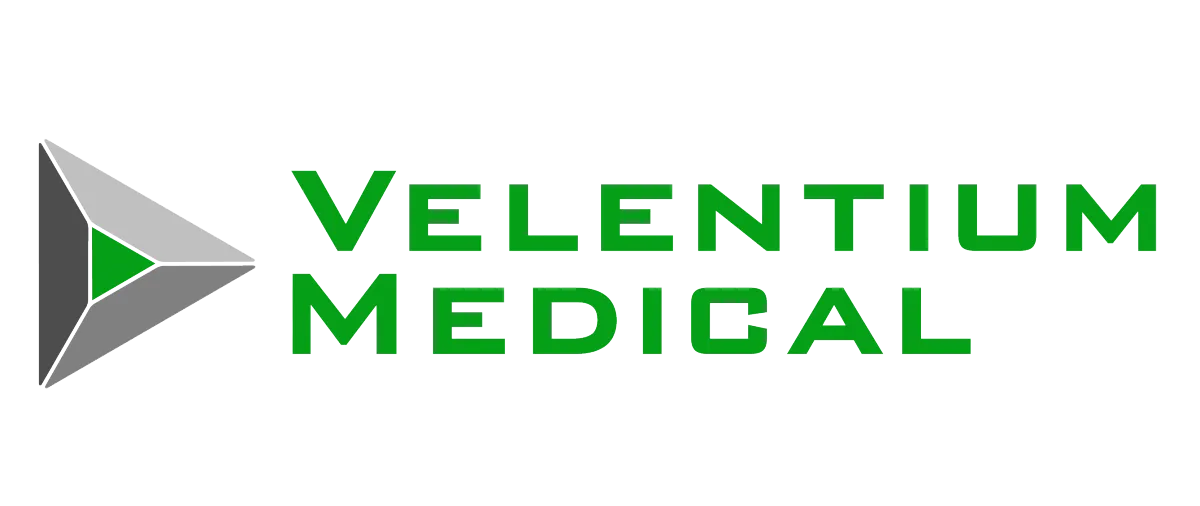Your Medical IP:
Designed & Built
in the USA
Velentium Medical designs and manufactures medical devices for you. We are a professional engineering firm that exists to transform your IP into a safe and secure product that will change lives for a better world.
Your premier partner in Medical R&D leading to prototype, clinical, and commercial Manufacturing
ISO 13485 Certified, USA-based FDA registered manufacturer of record, cGMP production. Ready to build for you.
Usability/HFE, electrical, firmware, mechanical, mobile, cloud, and the systems engineering to tie if all together.
Characterization, design verification, high speed manufacturing test, and returned product analysis.
Rapid Results - it's in our name:
VELENTIUM MEDICAL =
VELocity + momENTum + ingenIUM (Latin for talent)
MEDICAL - it's all we do
Safe. Secure. Effective.
One stop for secure Medical Device R&D, product development, contract
manufacturing, and postmarket services
Who We Are
© 2025 Velentium Medical LLC. All Rights Reserved.




